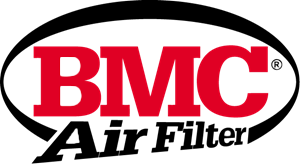THE 231 MANAGEMENT MODEL
The Organisational and Management Model pursuant to Legislative Decree 231/2001 that BMC has adopted is aimed at ensuring operational correctness and constant respect for the integrity of the company's ethical values.
By adhering to the provisions of the regulation, BMC has adopted this organisational system for the management and control of processes, which is suitable for preventing the commission of the offences provided for in the Decree.
WHISTLEBLOWING
The Whistleblowing protocol is a corporate compliance tool, through which employees or third parties (e.g. a supplier or a customer) of a company can report, in a confidential and protected manner, any wrongdoing encountered during their activities.
The ‘whistleblower’ (whistleblower or reporter) is thus a person who reports an offence, fraud or danger that he or she has detected in the course of his or her work (or, in the case of a customer, in the course of his or her experience as a customer of a company).
Accordingly, whistleblowing is the practice of reporting violations of laws or regulations, crimes and cases of corruption or fraud, as well as situations of danger to public health and safety.
